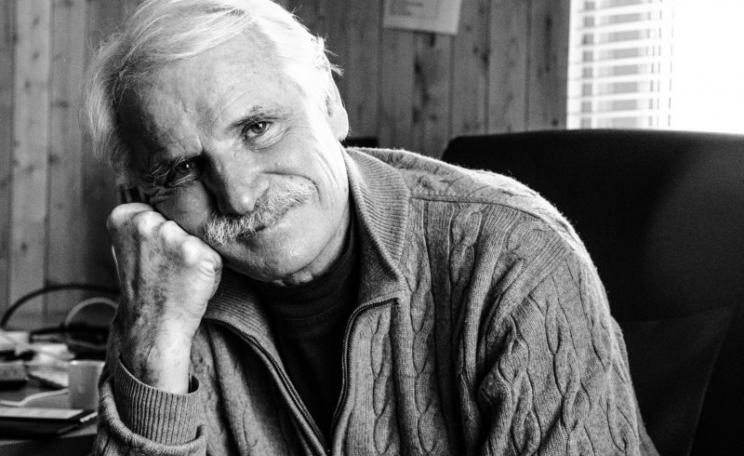Combining critical commentary and detailed research, Food Justice is one part social history to two parts problem solving and it charts the rise of the food justice movement, starting with the release of American journalist Edward R. Morrow’s groundbreaking 1960 documentary, Harvest of Shame.
Morrow’s work uncovered a sort of pseudo-slavery on American farms; where migrant workers – usually African American – were routinely forced to accept substandard pay in tandem with extremely long hours and horrific working conditions. One farmer quoted in the documentary said: ‘we used to own slaves; now we just rent them’. Appearing at a time when a growing awareness of the effect of pesticides on the environment was forcing Americans to reassess they way they ate, Morrow’s documentary triggered dismay and a desire for change, not just in food production methods but in the treatment of workers and access to food in low income communities.
Food justice is, say Gottilieb and Joshi, about ‘what, where and how we eat.’ It’s not just food production and its attendant issues that matter, it’s about access to fresh, healthy food for everyone, food politics and even takes in the way we cook. Unsurprisingly, food justice has many parallels with environmental justice, including concerns about factory farming, intensive fishing and over-reliance on agricultural chemicals. It also advocates localism, particularly when it involves forging closer links between communities and nearby food producers.
An interesting example is provided in the introduction, which discusses the efforts of a group of New Orleans school children campaigning not only for healthier food, decent cutlery and a nicer canteen but also for the use of locally produced food such as shrimp caught by local fishermen – eat your heart out Jamie Oliver. Particularly fascinating though, was Food Justice’s treatment of supermarkets Walmart and Tesco.
The Ecologist is offering its subscribers 25% off Food Justice.
To take advantage of this offer, click here
Walmart was skewered. Not only do they source products from unethical suppliers such as IPB and Tyson, they also were among the first in the USA to move food shops out of town and into the suburbs. This has meant that very poor neighbourhoods have had fresh food put literally out of reach, making way for an explosion of fast food chains and liquor stores and creating ‘food deserts’. For Gottilieb and Joshi, this is a perfect example of food injustice: the rich have access to healthy food and drink while the poor have to make do with McDonalds.
Interestingly, while Walmart recieved a heavy dose of criticism, British supermarket chain Tesco received qualified praise, mainly due to its willingness to open stores in food desert areas. Arguably Tesco's embrace of food deserts has more to do with profit than any real sense of social justice but Gottilieb and Joshi deserve applause for their even-handed treatment of a controversial issue.
While their pragmatic and wide-ranging approach to food justice might not be appreciated by environmental purists, the authors' stock of common-sense solutions and genuine concern makes Food Justice an interesting and authoritative read. Their central argument - that the approach to transforming the way we eat needs to be more integrated - is compelling and certainly worth considering. Unfortunately injustices in the way food is produced and consumed won't go away over night. But if, as Food Justice advocates, we work together and focus on community-based initiatives, then we are on the right track.
| READ MORE... | |
 |
REVIEW The Good Shopping Guide An ethical shopping reference book that helps you make more informed choices about what you buy - from computers to cold remedies |
 |
NEWS ANALYSIS 'Fat tax' solutions ignore wider social factors driving junk food habits Renewed calls for a tax on less nutritious foods do not take account of the importance of issues like education, advertising and social justice say campaigners |
 |
VIDEO What's linking slavery to your dinner plate? A shocking new film released by the Environmental Justice Foundation reveals how workers endure violence and incarceration for months - or even years - onboard ships which supply European consumers with fish. |
 |
INVESTIGATION Killing fields: the true cost of Europe's cheap meat Cheap meat has become a way of life in much of Europe, but the full price is being paid across Latin America as vast soya plantations and their attendant chemicals lead to poisonings and violence |
 |
REVIEW HOME by Yann Arthus-Bertrand Famous for his 'earth from above footage', photographer Yann Arthus-Bertrand's new film is a feast for the eyes with a strong ecological message says Polly Cook |








